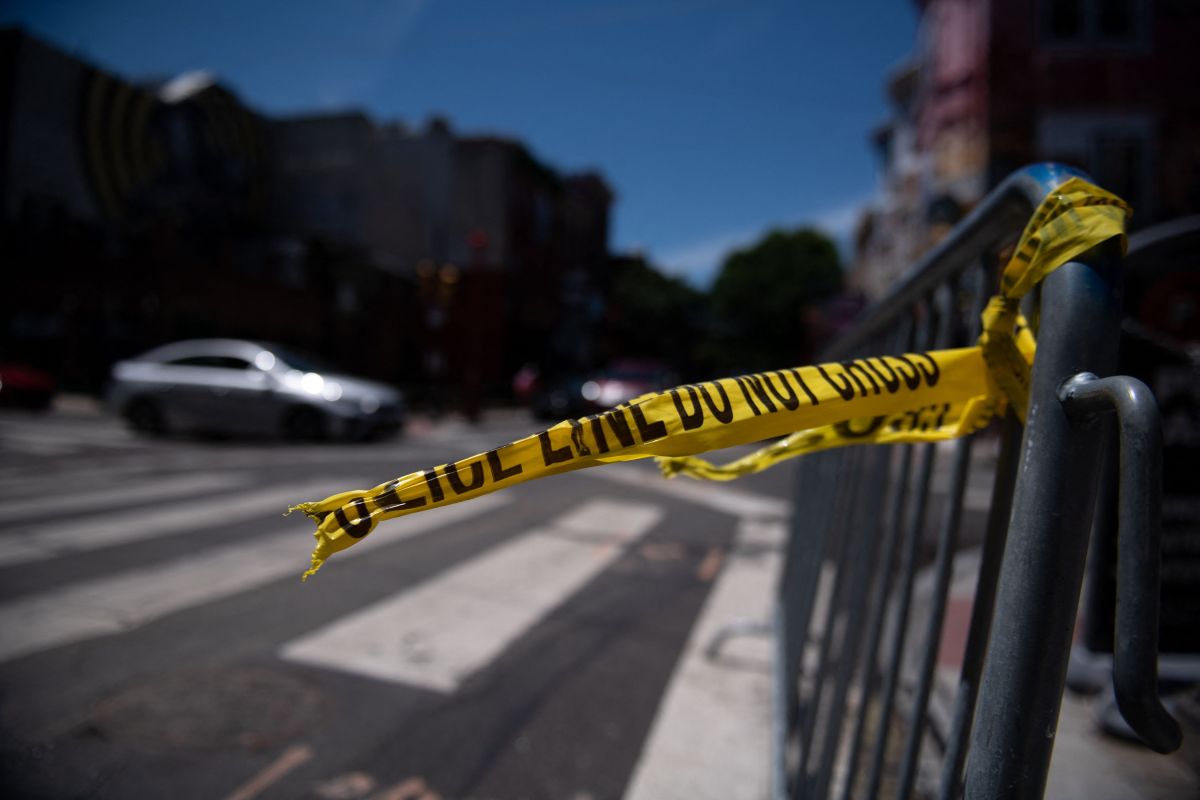ROME (AP) — Rome’s next luxury hotel has some very good bones: Archaeologists said Wednesday that the ruins of Nero’s Theater, an imperial theater referred to in ancient Roman texts but never found, have been discovered under the garden of a future Four Seasons Hotel steps from the Vatican.
Archaeologists have excavated deep under the walled garden of the Palazzo della Rovere since 2020 as part of planned renovations on the frescoed Renaissance building. The palazzo, which takes up a city block along the broad Via della Conciliazione leading to St. Peter’s Square, is home to an ancient Vatican chivalric order that leases the space to a hotel to raise money for Christians in the Holy Land.
The governor general of the Order of the Holy Sepulcher of Jerusalem, Leonardo Visconti di Modrone, confirmed during a news conference announcing the archaeological discovery that the incoming hotel chain was the Four Seasons. News reports have said the hotel is expected to be open in time for the Vatican’s 2025 Jubilee, when an estimated 30 million people and pilgrims are expected to flock to Rome.
Officials hailed the findings from the excavation as “exceptional,” given they provide a rare look at a stratum of Roman history from the Roman Empire through to the 15th century. Among the discoveries: 10th century glass colored goblets and pottery pieces that are unusual because so little is known about this period in Rome.
Marzia Di Mento, the site’s chief archaeologist, noted that previously only seven glass chalices of the era had been found, and that the excavations of this one site turned up seven more.
In addition, archaeologists found marble columns and gold-leaf decorated plaster, leading them to conclude that the Nero’s Theater referred to in texts by Pliny the Elder, an ancient Roman author and philosopher, was indeed there, located at the site just off the Tiber River.
Officials said the portable antiquities would be moved to a museum, while the ruins of the theater structure itself would be covered again after all studies are completed.





















